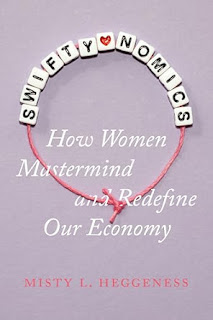
His entry begins:
I must admit I am a relatively new reader, and I know this is not typical for many writers. After all, we know that in order to be a writer, you have to be a reader first. However growing up, I never had the chance to explore the reader within me, so now I have a huge backlog of classics to catch up on! I am overjoyed to have discovered the world of books (and not so overjoyed that I’m a “slow” reader.)About Ramin Abbas Has MAJOR Questions, from the publisher:
Nevertheless, as I gradually form my reading tastes, I already know I like YA literature (Hello, John Green!) and horror (hello, Stephen King!) the best, so I will give examples from each for my recent/current reads.
For YA, I recently read Emiko Jean’s Tokyo Ever After and as a lover of all things Japan, I loved this book. It hit the spot between a feel-good coming-of-age with romance, and a fun exploration of Japanese culture from an “outsider’s” point of view.
I also read...[read on]
An intensely brave, beautifully honest, and wryly funny story about a gay Muslim teen who has to choose between being true to himself or his faith—and his realization that maybe they aren’t as separate as he thought.Visit Ahmad Saber's website.
Ramin Abbas has spent his whole life obeying his parents, his Imam, and, of course, Allah—no questions asked. But when he starts crushing onthe ridiculously handsome captain of the soccer team, so many things he’d always been so sure about are becoming questions:
1. Music is haram. But what if the Wicked soundtrack is the only thing keeping you sane because you’re being forced to play on the soccer team? With Captain Handsome?!
2. A boy crush is double haram, and Ramin’s parents will never accept it. But can he really be the only Muslim on Earth who feels this way?
3. Allah is merciful and makes no mistakes. Then isn’t Ramin just the way Allah intended him to be?
And so why should living your truth but losing everything—or living a lie and losing yourself—have to be a choice?!
The Page 69 Test: Ramin Abbas Has MAJOR Questions.
My Book, The Movie: Ramin Abbas Has MAJOR Questions.
Writers Read: Ahmad Saber.
--Marshal Zeringue



.jpg)































